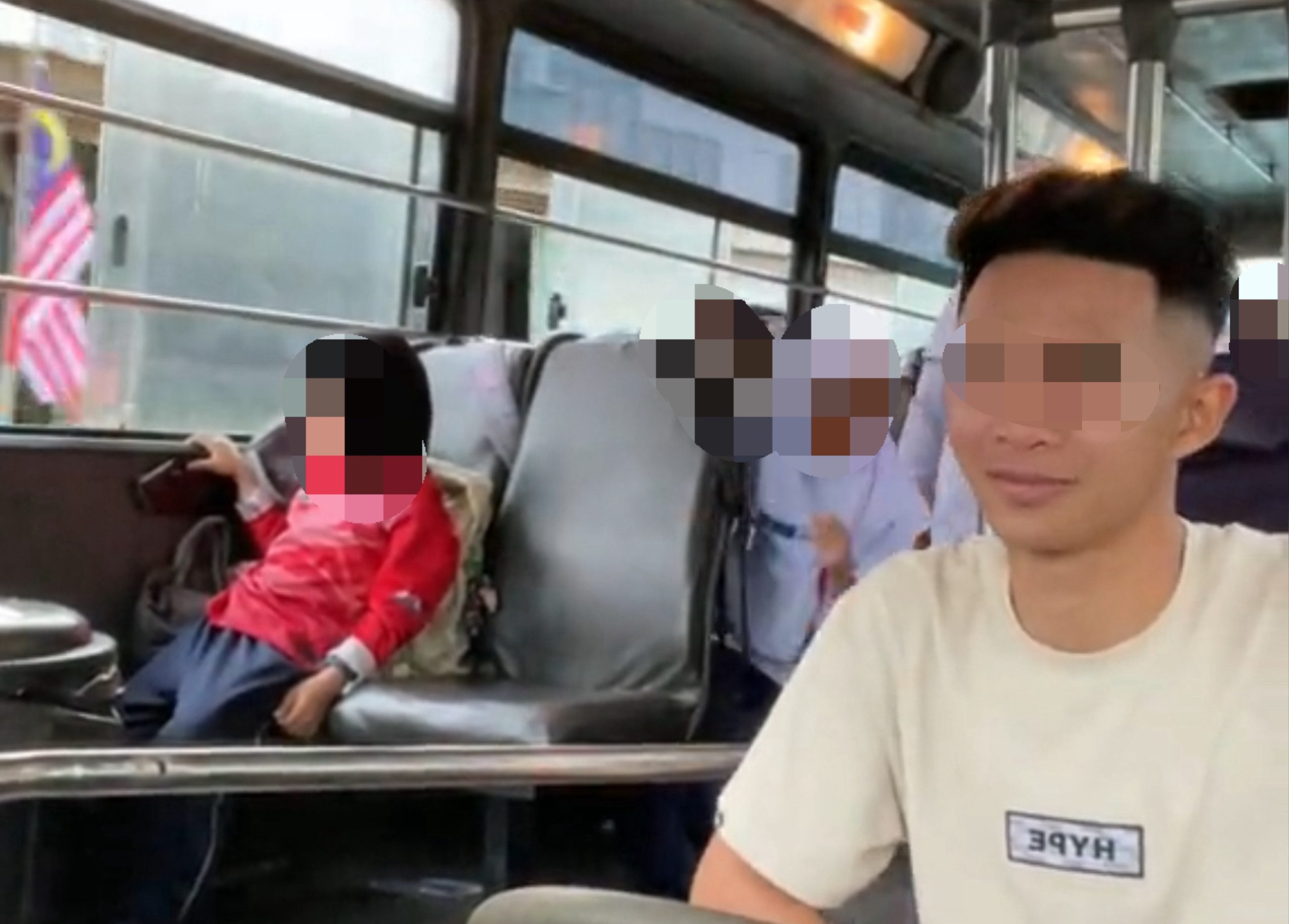THE recent incident involving a school bus driver known as ‘Abang Bas’ who posted inappropriate images and videos of children on social media has gone viral to varying opinion from Malaysians.
Despite being arrested, the individual was able to create new social media accounts to continue sharing content, raising serious questions about the enforcement of child protection laws online.
While some in the community have brushed off his actions as mere jokes, this disturbing behaviour has unveiled early stages of grooming – a dangerous pattern that, if left unchecked, can escalate and result in dire consequences.
Sounding the alarm on this matter, Wanita MCA secretary-general Chan Quin Er said all quarters should remain serious towards threats to the safety of all children, even if they seem trivial.
“Social media platforms must work in collaboration with law enforcement to prevent offenders from re-uploading harmful content, and there should be a requirement to monitor flagged accounts to ensure offenders are barred from accessing them,” she stressed.
“In addition, the government should establish a national database or watchlist for individuals implicated in grooming-related activities, regardless of conviction status.
“This monitoring should extend to public comments on related videos, as well as accounts defending the perpetrators.”
To further address this, Chan, who is also the MCA information chief, said mandatory minimum sentences should be imposed for offences involving the exploitation or objectification of children on social media.
Judicial guidelines must prevent courts from reducing sentences based on arguments such as “it was just a joke” or “no harm was intended” when children are involved.
“These actions represent the early signs of grooming, and ignoring or defending them is dangerous,” warned Chan.
“It is our responsibility to treat this matter with the gravity it deserves. The law should also clearly state that using social media to intimidate or silence those who call out harmful behaviours, especially towards children, constitutes an additional offence and should result in harsher penalties.”
Chan further raised the issue of victim advocacy and urged all quarters to not be swayed by the offender’s attempts to portray themselves as a victim.
Rather, the real victims and their families must be supported with legal and psychological help while focus should remain on the child’s wellbeing and not on clearing the adult defender’s name.
“Education and psychological support for families and communities are also crucial. The government should work with experts to teach families about the warning signs of grooming and how predators manipulate trust,” Chan proposed.
“We need to offer workshops and resources to help parents spot and reject harmful behaviour, even if it comes from someone they know. Safe reporting channels should be set up so people can raise concerns without fear of retaliation.”
She said public pressure and leniency should not influence how the authorities handle these serious issues.
“This case highlights the urgent need to address and prevent grooming behaviours, no matter how minor they might initially seem. It’s crucial that we prioritise the safety and well-being of children above all else,” she added.
“Let’s remain vigilant and committed to protecting our children from harm, recognising that even small signs of grooming can lead to serious consequences.” – Sept 9, 2024









